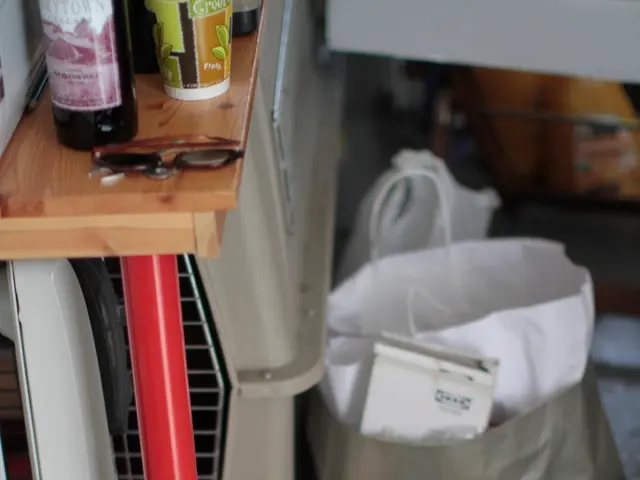Debate on Organ Procurement Methods: Advantages of Consent-based or Presumed Consent Approach?
Organ donation policies around the globe show significant differences, and the question is which approach – opt in or opt out – yields the best results. A team of researchers hailing from the UK set out to clarify this by examining the organ donation protocols of 48 countries.
Under an opt-in system, people have to proactively register their desire to donate organs post-mortem. On the other hand, opt-out systems automatically authorize organ donation unless a specific renunciation is made before death regarding certain organs.
Prof. Eamonn Ferguson, the lead researcher from the University of Nottingham, acknowledges potential drawbacks of both systems:
"People may not act for various reasons, such as loss aversion, effort, and assuming that the policy makers have made the 'right' decision and one that they believe in."
Inaction in an opt-in system can lead to individuals desiring to donate but not doing so (false negatives). Conversely, inaction in an opt-out system may result in an individual who doesn't wish to donate becoming one (false positives).
The United States currently follows an opt-in system, with the US Department of Health & Human Services reporting that 28,000 transplants were made possible last year thanks to organ donors. However, about 18 people die each day due to a scarcity of donated organs.
Researchers from the University of Nottingham, University of Stirling, and Northumbria University investigated organ donation systems in 48 countries over a 13-year period, with 23 using an opt-in system and 25 using an opt-out system. They found that countries employing opt-out systems experienced higher total numbers of kidney donations, the organ most in demand by those on transplant lists. They also observed greater overall numbers of organ transplants through opt-out systems.
However, opt-in systems showed a higher rate of kidney donations from living donors. This finding, according to Prof. Ferguson, is noteworthy as it hadn't been reported before and should be considered. The study authors acknowledge their research was limited as it didn't distinguish between different levels of opt-out legislation and didn't account for other variables affecting organ donation.
The researchers recommend that future decisions on organ donation policy could benefit from the collection and public dissemination of international organ donation data, such as consent type, procurement procedures, and hospital bed availability. They also propose that future studies consider investigating individual attitudes, beliefs, and opinions towards organ donation.
The authors emphasize that countries employing opt-out consent still encounter donor shortages, and changing the system entirely may not solve the problem. They suggest that adjustments to consent legislation or adopting elements of the "Spanish Model" could help boost donor rates.
Spain currently boasts the highest organ donation rate globally. The Spanish employ opt-out consent, but their success is largely attributed to a transplant coordination network that operates both locally and nationally, as well as providing high-quality public information about organ donation.
A recent feature by Medical News Today asked whether farming animal organs for human transplants could solve the organ shortage or if it's a problem that should be addressed through revised organ donation policies.
- In the context of science and health-and-wellness, a study by a team of researchers from the UK examined organ donation protocols of 48 countries to ascertain which approach, opt-in or opt-out, yields the best results.
- When pursuing transplant, the demand for kidneys is significant and the study found that countries using an opt-out system experienced higher total numbers of kidney donations.
- Despite the United States following an opt-in system, it still faces a daily loss of 18 lives due to a scarcity of donated organs.
- Policy-and-legislation debate around organ donation includes consequential topics like politics and general-news, as research revealed that opt-in systems showed a higher rate of kidney donations from living donors.
- Controversial arguments persist in the realms of medical-conditions and health-and-wellness, with some questioning if retargeting organ farming for human transplants could solve the organ shortage, or if improvements should be made to existing organ donation policies.








